The CRAAP Test - Critically Evaluating Information Sources
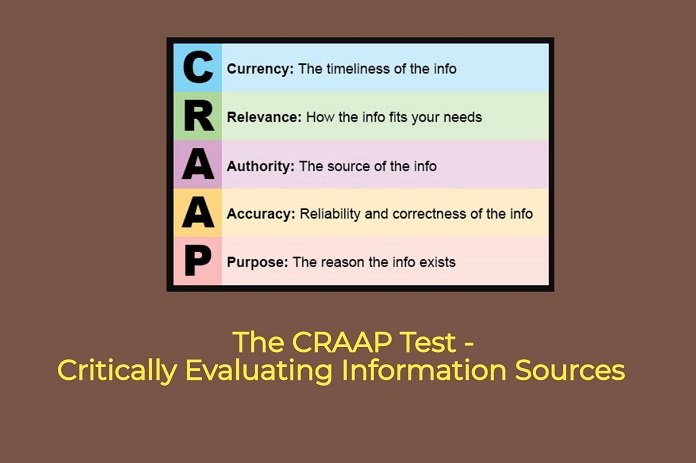
The CRAAP Test is a way to assess a source’s validity in an academic setting.
Primarily scientists and science students use The CRAAP Method to determine if articles are acceptable for use in an academic setting, though the test can be applied to the humanities.
Go with the craap test and solve the test to check the authority of your content.
Currency
When was the information published or posted?
Has the information been revised or updated?
Is the information current or out of date or too old for the project?
Craap test related to currency -
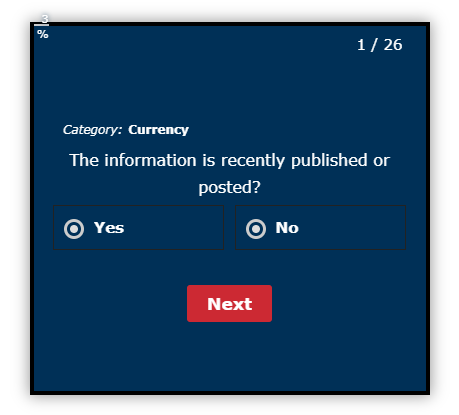
Relevance
Is the information related to your research topic?
Is it an in-depth examination or a quick summary?
Who's the intended audience?
The general public, a student, researcher, or industry?
Is the level of information too basic or advanced?
Craap test related to relevance -
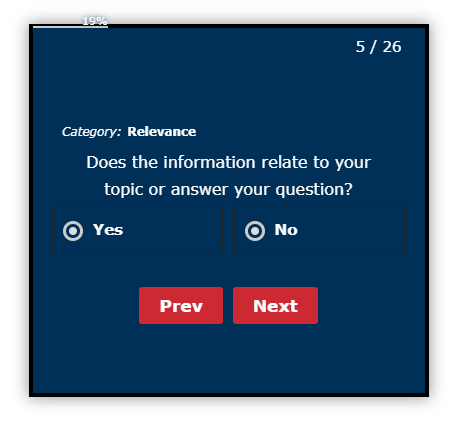
Authority
Consider who wrote or published the information.
Can you identify the author?
Are they an expert in their field?
What else have they written on the topic?
Can you verify the author's credentials or the organization they represent?
Craap test related to authority -
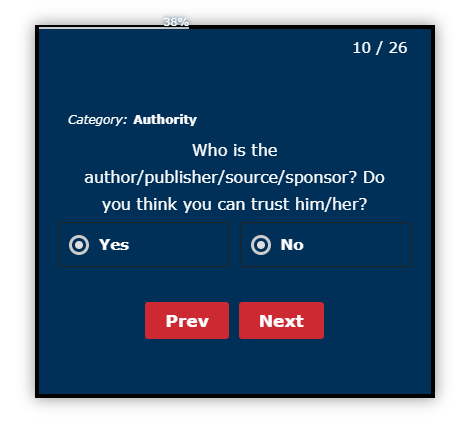
Accuracy
Is the information reliable and correct?
Can you verify claims in the information in other sources?
Is there a reference list citing their supporting evidence?
Do they outline the methods and data used in their analysis?
Craap test related to accuracy -
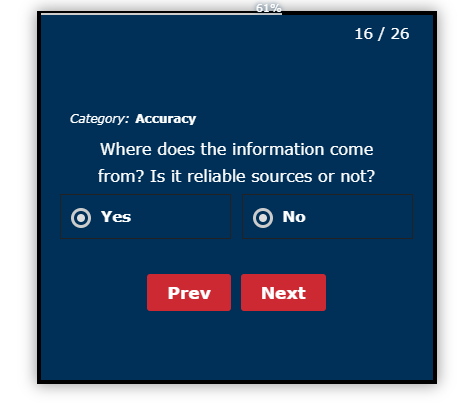
Purpose
Is the intention of the information to entertain, inform, educate or perhaps sell an idea or product?
Financial Times Newspaper, OK Magazine, and Nature Journal stacked on top of each other.
Craap test related to purpose -
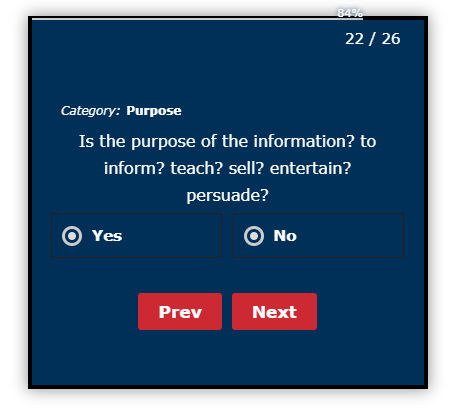
What does the acronym CRAAP mean?
CRAAP is an acronym for Currency, Relevance, Authority, Accuracy, and Purpose. Use the CRAAP Test to estimate your sources. When was the information published or posted?
What is CRAAP testing?
The CRAAP Test is a test to check the reliability of sources across educational methods. Due to the vast number of sources surviving online, it can be difficult to tell whether these sources are trustworthy to use as tools for research.
Why is the CRAAP test important?
CRAAP Test: Evaluating the credibility of the sources you use is of key importance to ensure the credibility and reliability of your academic research. California State University explained the CRAAP test to help assess the credibility of a source.
Conclusion
As such, while very helpful for many early signs of net content, I would explain that the CRAAP “deep-dive” analysis of a particular web source is no longer fully adequate in light of the increasing sophistication of the web, nonexistent barriers to content creation, and the muddling effect of social media on information using and sharing.
While it is clear that each of CRAAP’s assessments has ongoing value, it has become vitally important to place information into a wider context to adequately evaluate its credibility, as well as teach how data is arranged and presented on search engines and social media.
